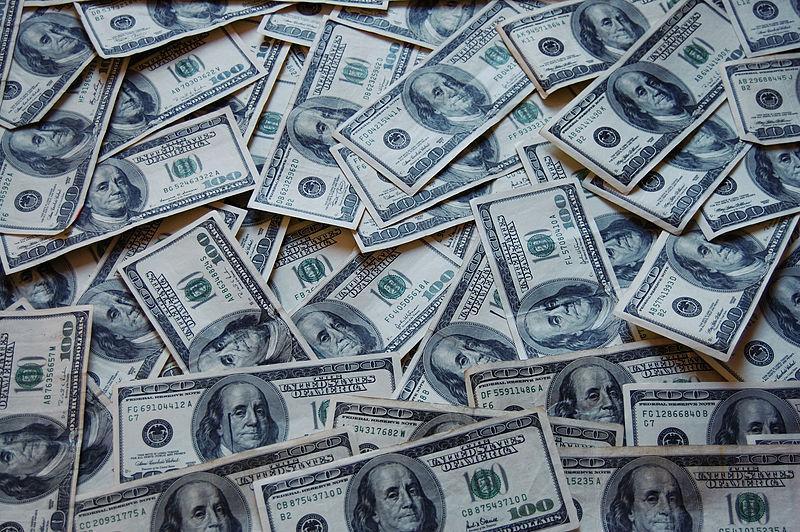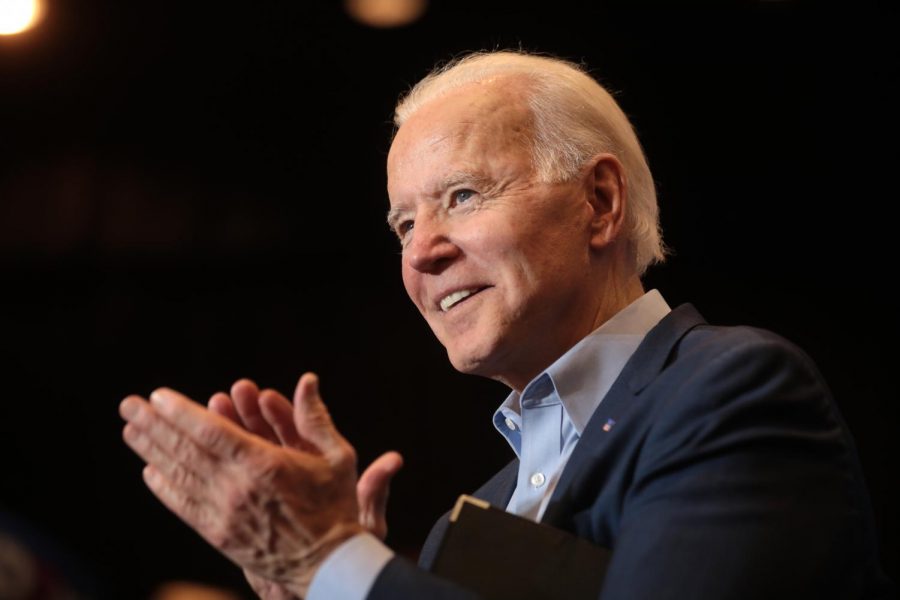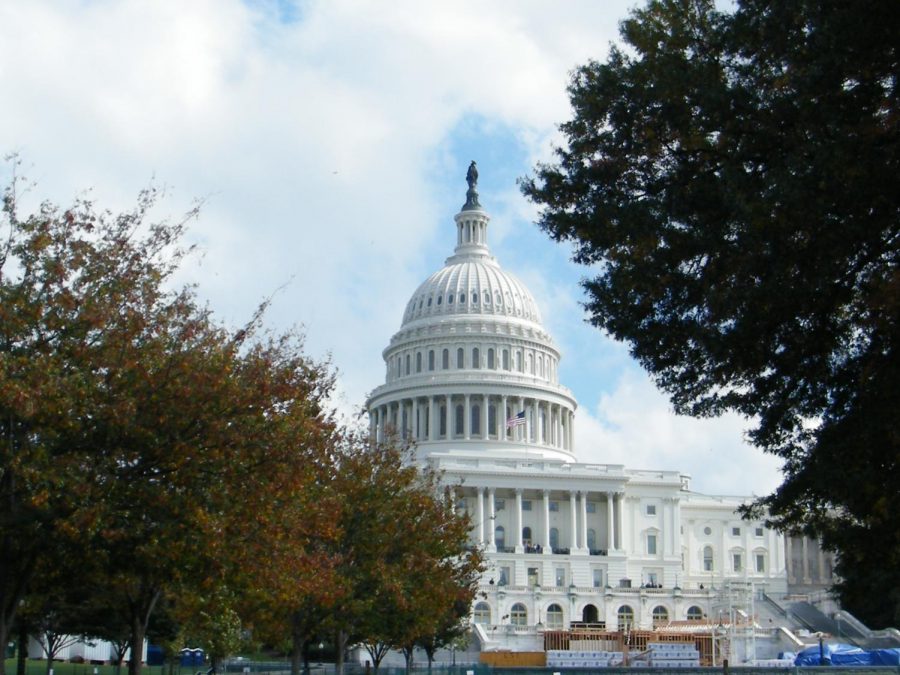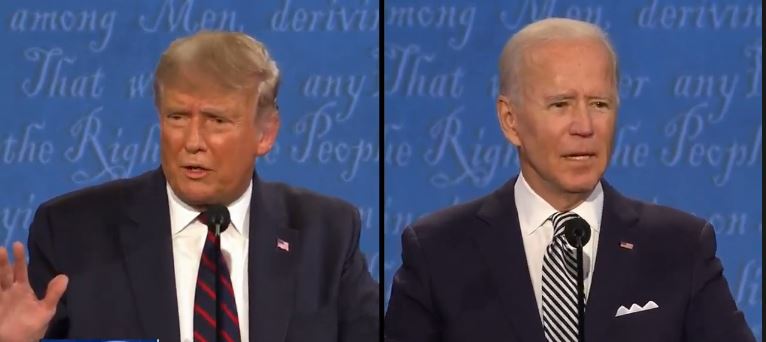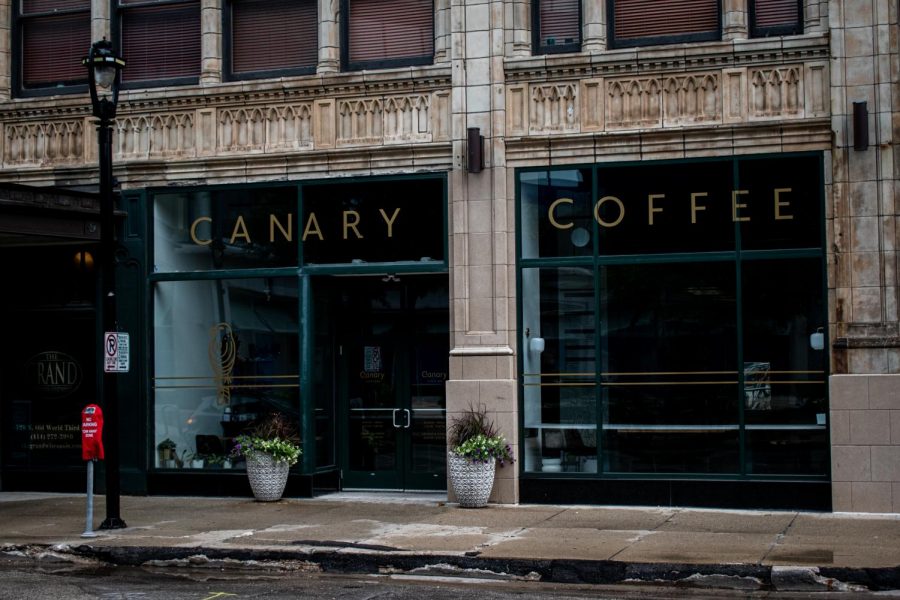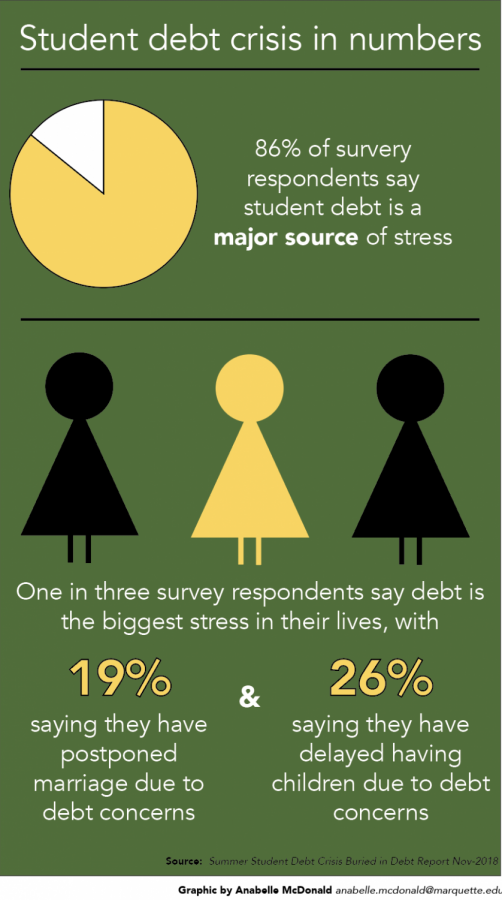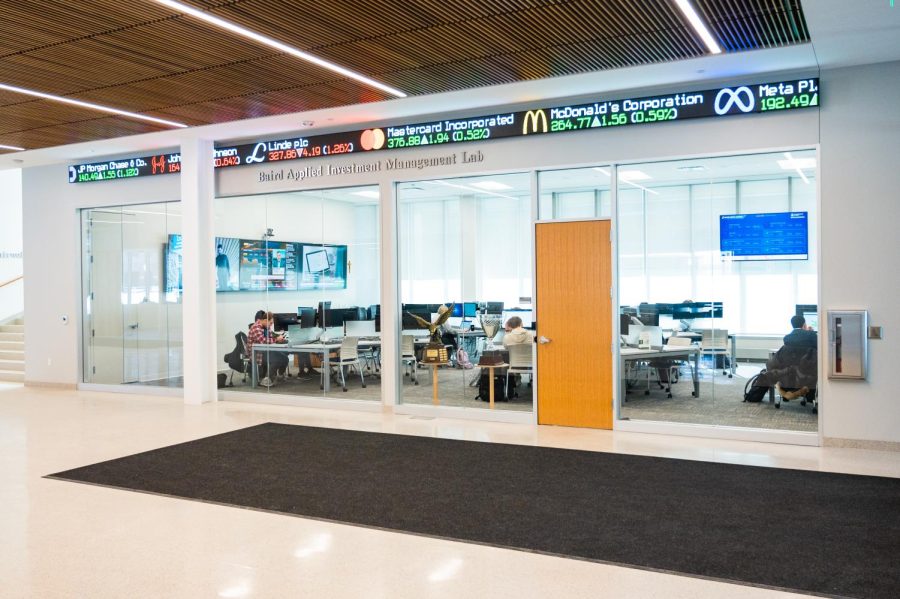The U.S. Federal Reserve is contemplating raising interest rates this summer, which would create an increase in the amount of money students will need to pay to reimburse loans.
The Federal Reserve, the U.S. central banking system, has lowered the federal funds rate, from which all other interest rates are set, to nearly zero percent since the economic downturn in 2008. With the economy stabilizing, there has been discussion of increasing interest rates, including Federal Reserve Chairwoman Janet Yellen’s suggestion that strategies to slow down the economy are already being contemplated.
“What the Federal Reserve is contemplating is normal,” Maurizio Azzarello, an economics professor, said. “In the worst-case scenario, if the economy is growing too fast, it might trigger high inflation, which creates uncertainty and erodes the value of money. In this case, the Federal Reserve uses a ‘contractionary monetary policy’ by increasing interest rates to make borrowing more difficult and slow down the economy.”
This potential increase in interest rates would slow down the economy and make it more expensive for students who take out loans to pay back their debt. Consequently, students may decide college is simply too expensive, and Marquette may face a decrease in enrollment. Over the past five years, the number of undergraduate students paying full-time enrollment has increased.
Vice President for Finance and Treasurer John Lamb said he does not expect interest rates to affect students and enrollment short-term, but that it might be something to worry about long-term if interest rates continue to rise. He also said Marquette is focused on not passing increased costs along to students by raising tuition costs, but will cover costs through budget reallocation.
“As interest rates rise, it will have an impact on Marquette in many different ways,” Lamb said. “ If we go out into the market and borrow more money, it is more costly for us to pay back. For donors it may lessen their investments and as the market goes down, they will have less money to donate to Marquette. It will impact all higher education institutions the same.”
Abdur Chowdhury, a monetary economics professor, said he expects the Federal Reserve to wait until late July or mid-September to initiate an increase in interest rates, although he did not rule out the possibility of the increase happening during the Federal Reserve’s meeting in June.
“The Fed’s future decisions about raising the interest rate will be increasingly data-dependent,” Chowdhury said. “With that in mind, the downbeat assessment and more vocal concern related to external factors, which have increasingly hindered U.S. economic growth, suggest that the Fed will be in no rush to raise rates, especially given the lack of wage and inflationary pressures.”
The financial dashboard describes Marquette as financially stable, but dependent on tuition revenue that is generated by enrollment. Due to this dependence, a decrease in enrollment numbers would affect the success of the university. To diversify revenue streams, the dashboard recommends an increase in gift contributions, investment income, grants and endowment income. These changes would help alleviate the fallout from a potential decrease in enrollment.
Azzarello said with the economy trending upwards, an increase in interest rates in the coming months is plausible.
“It is true that unemployment is moving in the right direction, and that albeit feeble, the economy is slowly recovering, and that inflation is slowly rising to its target rate of 2 percent,” Azzarello said. “It would seem likely to start controlling a growing economy by increasing interest rates back to ‘normal’ levels.”
Correction: An earlier version of this article said the university would have to cover higher costs in the long-run through both budget reallocation an the elimination of staff positions. A Marquette administrator said such an event would not require eliminating faculty positions.

